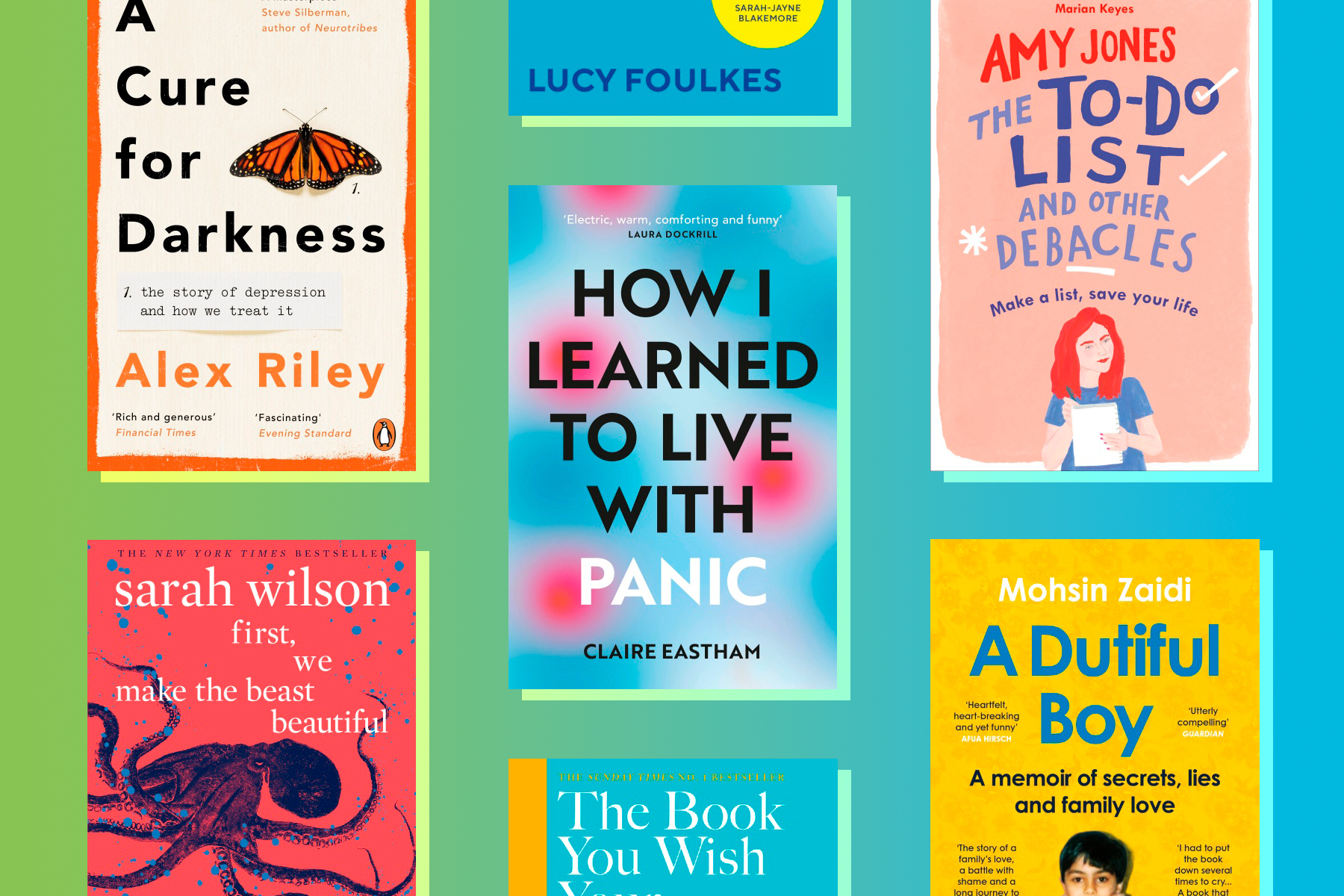Books that can help improve your mental health

By now, the message has rung loudly across social media and newspapers, throughout HR departments and government campaigns: our mental health is important. Just as we take care of our bodies with physical exercise and nutrition, our mental well-being must be looked after, too.
For many, though, knowing where to start can be a challenge. Even defining the term ‘mental health’ can be difficult, as today it applies to a broad range of conditions, disorders, and issues, from stress, anxiety and depression to obsessive-compulsive disorder and beyond. With that in mind, we’ve assembled a list of books that provide the language and clarity necessary to cope, as well as some methods to provide solace in moments of strife.
What did you think of this article? Email editor@penguinrandomhouse.co.uk and let us know.
Image at top: Alicia Fernandes and Flynn Shore / Penguin